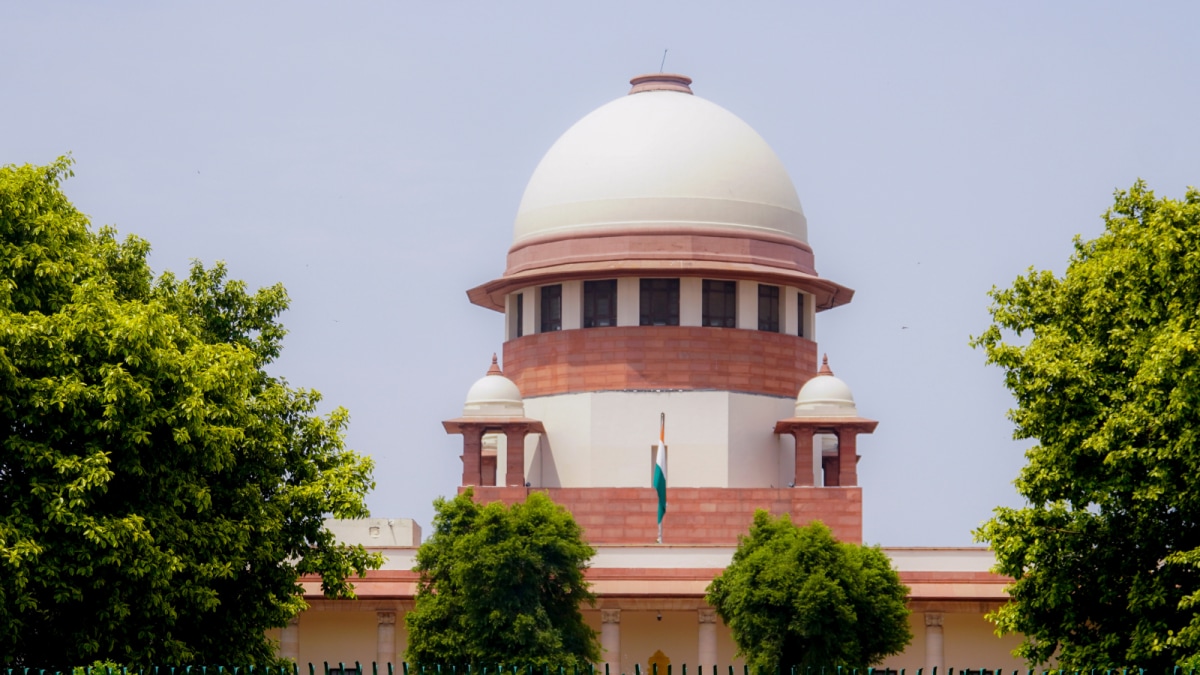Last Updated:
The SC noted that the son had been left behind in India while the mother resided in London with the daughter, even though the father was willing to raise him

The SC expressed deep disapproval of the mother’s conduct. (File)
In a strongly worded order, the Supreme Court on September 16 directed that a six-year-old boy be handed over to his father, after finding that the child’s mother had left for the United Kingdom in 2021 without informing him and abandoned the child with her parents in Sonipat.
The bench of Justices J. K. Maheshwari and Vijay Bishnoi expressed deep disapproval of the mother’s conduct, observing that she had “taken both the Indian and U.K. judicial systems for a ride” and had shown little intention of allowing the child to meet his father or comply with court orders. Stressing that the welfare of the minor was paramount, the bench said such actions could not be seen as being in the child’s best interest.
Recommended Stories
The father, a Noida-based engineer with international work experience, will take custody of the boy within 15 days from the maternal grandparents. While granting custody, the court also allowed the mother regular video calls with the child and permitted visitation rights for the maternal grandparents.
The bench underscored that the case was not merely a matrimonial dispute but one where the child was “caught in the whirlpool of litigation.” They noted that the son had been left behind in India while the mother resided in London with the daughter, even though the father had adequate resources and was willing to raise him.
Highlighting his professional credentials and financial stability, the bench observed that Noida offered better educational opportunities than Sonipat. The court therefore found it appropriate to entrust the boy’s interim custody to his father, who is also his natural guardian.
The court also directed either parent to initiate proceedings under the Guardians and Wards Act, 1890, within one month to formalise arrangements. Since the child was born in the U.K., questions about his citizenship would be subject to the outcome of those proceedings, the bench clarified.
The marriage between the parties took place in November 2010. The father alleged that his wife abruptly moved to the U.K. with both children in May 2021 and never disclosed the son’s actual whereabouts. Suspicious that the boy was not in London, he filed a habeas corpus petition later that year. His suspicions were confirmed when he located the child at his in-laws’ house in Sonipat, where he was allegedly attacked when he tried to see him.
While the Family Court in London granted a divorce decree in favour of the mother in December 2021, the father secured an ex parte divorce from a court in Jind, Haryana,
the following year. Each has challenged the decree obtained by the other, and both matters remain under appeal.
The Supreme Court also took note of failed mediation attempts, remarking that both parties appeared intent on securing divorce decrees only from courts in jurisdictions convenient to them, reflecting a “clash of egos” at the expense of their children’s welfare.
About the Author

Salil Tiwari, Senior Special Correspondent at Lawbeat, reports on the Allahabad High Court and courts in Uttar Pradesh, however, she also writes on important cases of national importance and public interests fr…Read More
Salil Tiwari, Senior Special Correspondent at Lawbeat, reports on the Allahabad High Court and courts in Uttar Pradesh, however, she also writes on important cases of national importance and public interests fr… Read More
September 19, 2025, 18:09 IST
Loading comments…
Read More



